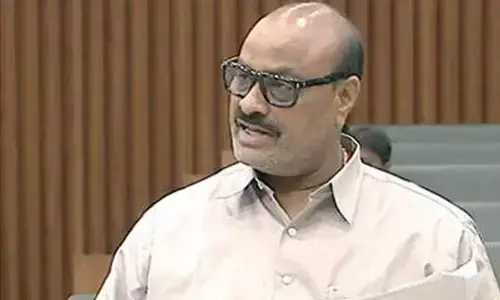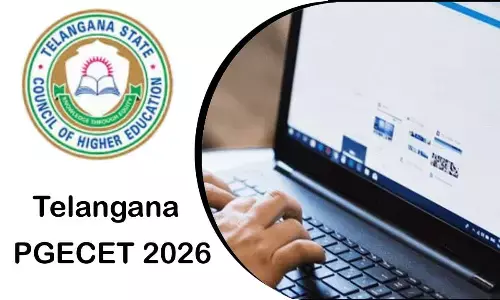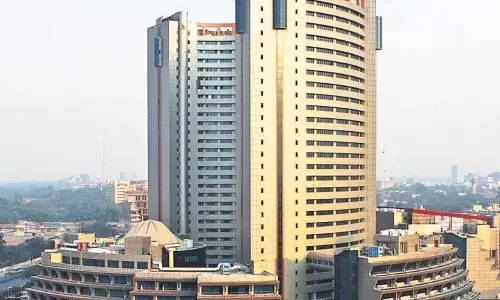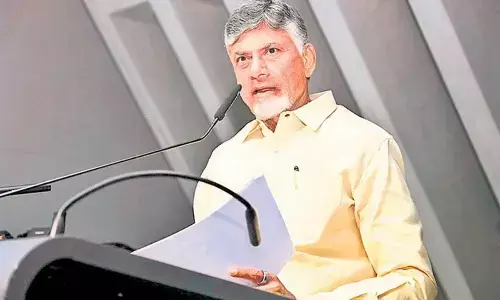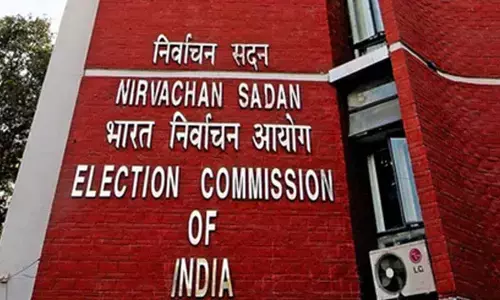Committed voters vs wavering voters !
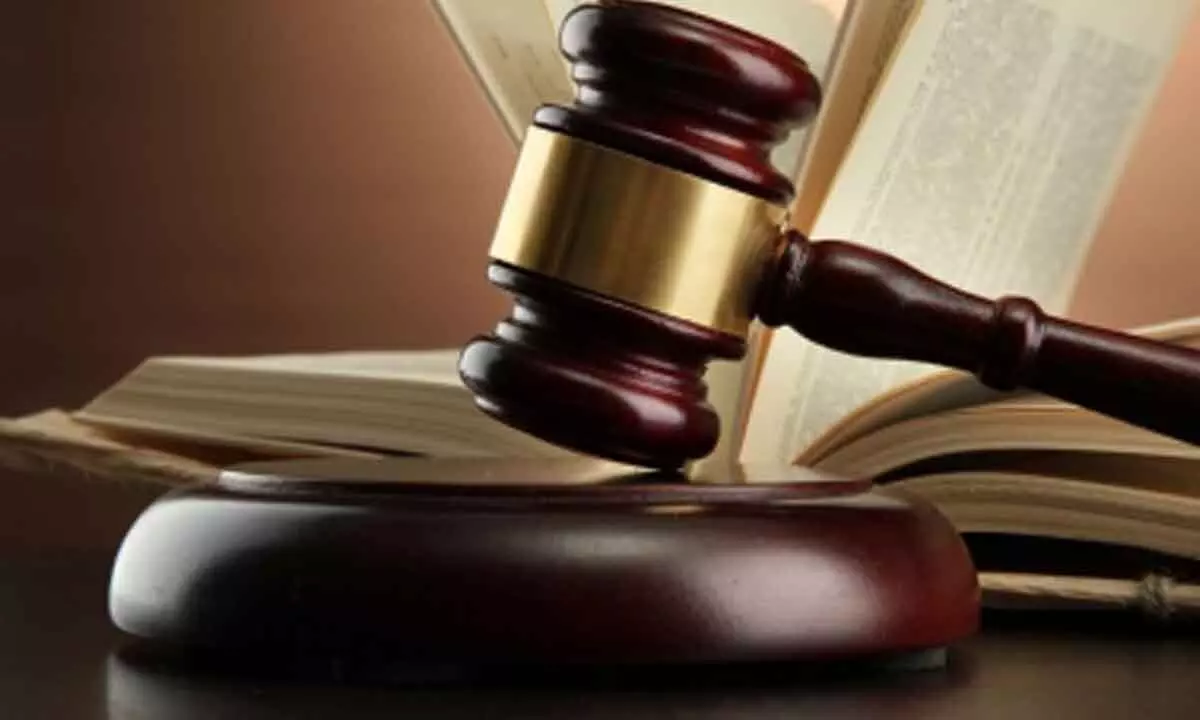
The second of the planned seven phases of voting in the general elections has been over on April 26, putting in all 190 Lok Sabha seats in the sealed EVMs.
The second of the planned seven phases of voting in the general elections has been over on April 26, putting in all 190 Lok Sabha seats in the sealed EVMs.
The speculation is rife about the final results on June 4 for all 543 seats. Two major alliances, namely the BJP-led National Democratic Alliance and a conglomerate of other political parties barring a few, called the India.
There have been tall claims and reckless allegations hurled at each other during campaigning by both contenders.
But after experience of last seven decades, the voters have become smarter. They have learnt the art of reading between the lines. Now the voters have acquired the X-ray vision to see the real character of the contestants.
Call it crystallisation or polarisation, a clear watershed is discernible among voters. This polarisation when on a large scale, becomes the vote bank. The vote bank, thus, consists of committed voters. Their affinity or commitment could be for a particular religion, caste, culture, language, region or political ideology. Usually such groups are well-knit and cohesive. They follow a certain discipline and pattern when it comes to voting. Consequently, the group succeeds in achieving its goal. On the other hand, another group is hardly organised. Every member of such a wavering group is totally independent and full of self esteem. There is hardly any meaningful communication among its members. When it comes to voting, each one exercises his vote according to his own assessment of the candidates and parties. The result is obvious. The wavering group votes are divided notwithstanding its huge number.
In such a scenario the committed voters have their say. There is no mechanism available so far to prevent any group committed to the goals detrimental to the sovereignty, unity and integrity of the country. More often than not such groups have an agenda to break up the country or loot its wealth by hook or crook. The committed groups have only one agenda: to grab the power and enrich by the misuse of the same thereafter.
Unfortunately, despite its tall claims the Election Commission of India has not been able to do any meaningful reforms in this direction. The judiciary, well meaning though, has its own limitations. The Constitution has been devoid of such a crucial mechanism to ensure that the country does not fall in the hands of anti national, jehadi or extremist elements who are better equipped, better organised and better committed to achieve their sinister goals.
Needless to emphasise that when we know that the democracy is nothing but a game of numbers, better we focus on millions of illegal migrants like Rohingyas, Bangladeshis and others who enroll as voters with the active connivance of the internal supporters.
SC PUTS FINAL SEAL ON EVM ISSUE
In a much-awaited judgment on the use of Electronic Voting Machine (EVM), a division bench of Justice Sanjiv Khanna and Justice Dipankar Datta of the Supreme Court on April 26 emphatically declared that the EVMs are going to stay and rejected the plea of ballot papers.
The apex court also rejected the demand for complete cross -verification of votes cast using EVMs with a Voter Verifies Paper Audit Trail (VVPAT) saying "blindly disturbing" any aspect of the system can breed unwarranted scepticism. However, the court directed the Election Commission of India to preserve VVPATs for a period of 45 days after declaration of results in order to verify the votes in cases of any legal challenge to the results.
The concerns against the use of EVMs were raised as back as in the year 2010 by the BJP veteran, L.K Advani. Now, the SC has finally put a full stop on the controversy.
DELHI HC QUASHES FIR AND ASKS ACCUSED TO RENDER TRAFFIC SERVICE
In a quash petition filed under Section 482 Cr. PC the Delhi High court while allowing the said petition, imposed on the accused the punishment of assisting the Delhi traffic police for 30 days at a traffic signal to be assigned by the DCP (Traffic).
The man who was accused of Sections 354, 505 and 509 IPC was facing the trial before the subordinate court. He through the quash petition had approached the High Court. Meanwhile, the matter was compromised between him and the de facto complainant woman. The said woman also deposed before the High Court and gave her consent for quashing the complaint.
The court after taking note of her submission observed that in such a situation no useful purpose would be served in continuing the trial and added that it would only escalate acrimony between the parties. While quashing the FIR the court also imposed on the Accused penalty of 30 day service at the traffic signal. It directed the DCP (Traffic) to assign a traffic signal and submit the compliance certificate to the Court on completion of 30 day service at the traffic signal.
TS HC TAKES COGNISANCE OF LAWYER'S LETTER
The High Court of Telangana took cognisance of a letter addressed by a designated senior advocate, L Ravichander and directed the state government to file its response within six weeks.
The senior advocate after observing the presentation of accused persons in a district court with handcuffs addressed a letter to the Chief Justice of the High Court contending, inter alia, that the practice of handcuffing violated the human rights and the guidelines of the apex court.
SUMMER VACATION FOR COURTS
The courts in Telangana will observe summer vacation as notified. The High Court, District Courts (Senior Division) , Small Causes Court and City Civil Courts (Senior Division) will have vacation from May 6 to May 31.
The Civil Courts (Junior Division) and Rent Controller Court will observe the summer vacation from May 13 to May 31.
During the vacation, Special Vacation Courts will function as per arrangements made by the High Court to deal with the urgent matters.


